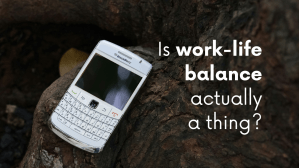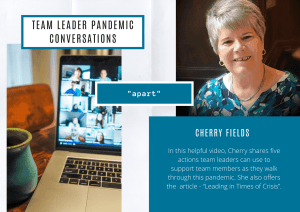Just over a hundred years ago, UK chocolate manufacturers Cadbury’s and Rowntree (and a few others) formed what was probably the first-ever association to oversee the wellbeing of staff in the workplace. The “Welfare Workers Association” came to life from the chocolate-makers’ deep concern for their people, which came from their sincere Quaker faith. People quaintly described it as “…an association of employers interested in industrial betterment and of the welfare workers engaged by them.”
Welfare workers were the pioneers of the HR function – staff dedicated not just to strategy and operations but also to the people that made all these things happen. Over the years, the people-function evolved away from just “caring” and what some would see as ‘paternalism,’ into something concerned with adding strategic value. This transition includes understanding organisational business, so HR has a valued voice in strategic decision-making. But did we lose something along the way?
I was at the Chartered Institute of Personnel & Development (CIPD) annual conference last week, and a major focus was reflecting on the Pandemic and its impact on our companies and organisations. One of the most significant pandemic impacts is “the Great Resignation” or “the Big Quit.” Unprecedented (the word of the season) numbers of staff are leaving in virtually all work sectors and across many parts of the world. Even within the mission world, anecdotally, LDHR staff and other leaders are reporting high numbers of conversations with staff that are considering leaving, even if they haven’t made the jump. Peter Cheese (great name!), Chief Executive of the CIPD, said:
People have stood back from their day-to-day and reflected: Is this good for me? Is the organisation looking after me? Are they engaging with me? Supporting me? Connecting with me? If we’re not meeting those expectations as organisations,
maybe we will see a much more significant resignation.Peter Cheese
Staff expectations are changing.The whole issue of “work-life/home-life” boundaries came crashing down during the pandemic as we were all peeking into everyone’s kitchens and lounges courtesy of Zoom. In some ways, for many of us in ministry and the mission world, this was not so much of a change as so many of our homes are hubs for ministry activity. However, there is still a sense in which our people’s expectations of what the organisation should do for them and how they should be cared for has shifted during the pandemic. Staff Care and Wellbeing swiftly became topics of conversation. People talking about “mental health” in very open ways became familiar. Staff members had deeper expectations that their leaders should be caring not just about their productivity but about their humanity – Human Beings, not just Human ‘Resources.’
So is this a switch? Do we stop looking for ways to add strategic value to focus on the “soft” aspects of staff care? Do we go back to paternalism? Dr Wendy Hirsh (Institute for Employment Studies) shared this recent perspective:
Today, the term paternalism is usually pejorative. But we can think about it as employee engagement. Why did Cadbury bother to have schools, housing and healthcare on site? To have a serious understanding of and pay attention to what employment looks like from the employee’s end is not paternalistic. It is fundamental business sense.
Dr Wendy Hirsh
For us in ministry, people are not only “our most valuable asset”; they are effectively our ONLY asset. What else of real value do we have? Without spirit-filled, Jesus-motivated people, we are nothing. For many of us in HR, we’ve seen a change in how people view us. Rather than us trying to get a ‘seat at the table,’ leaders have been reaching out to us with an expectation that we will help solve the array of staff care issues, particularly during the pandemic. What we are often tempted to underplay has become centre stage for strategic value in our movements. Let’s make sure we make the most of this opportunity. Amidst the weariness we are all feeling, let’s “not become weary in doing good, for at the proper time we will reap a harvest if we do not give up” (Galatians 6v9). Wellbeing is back on the strategic agenda.
For those within the CCCI/Cru family, you might want to refer your leaders to the wealth of Wellbeing resources we have on the staffweb. For everyone else, please feel free to use some of our pandemic resources for team leaders.









